
Andy Warhol’s estate loses at Supreme Court over his use of copyrighted photo of Prince
LA TimesArtist Andy Warhol is shown in 1976. Andy Warhol’s posters of Prince, some shaded purple and others orange, may have been works of art, but they infringed the copyright of the photographer who captured the original image of the musician, the Supreme Court ruled Thursday. “Today, the court declares that Andy Warhol’s eye-popping silkscreen of Prince — a work based on but dramatically altering an existing photograph — is not ‘transformative,’” she wrote. “If Warhol does not get credit for transformative copying, who will?” Boston attorney Nicholas O’Donnell, an expert in art law, said the court’s opinion may have a limited impact because it focused on the commercial use of both works. message qualifies as a fair use in and of itself, holding that such an exception would swallow the fair use rule.” Los Angeles lawyer Douglas Mirell predicted the decision could have ramifications for the film industry: “This ruling could be extraordinarily problematic for documentary filmmakers and others who frequently rely upon ‘fair use’ as a defense for using clips of copyrighted works to tell the story.”
History of this topic

Andy Warhol in breach of copyright over Prince artwork, Supreme Court rules
The Independent
Supreme Court rules against Andy Warhol’s foundation in a case about a portrait he made of Prince
Associated Press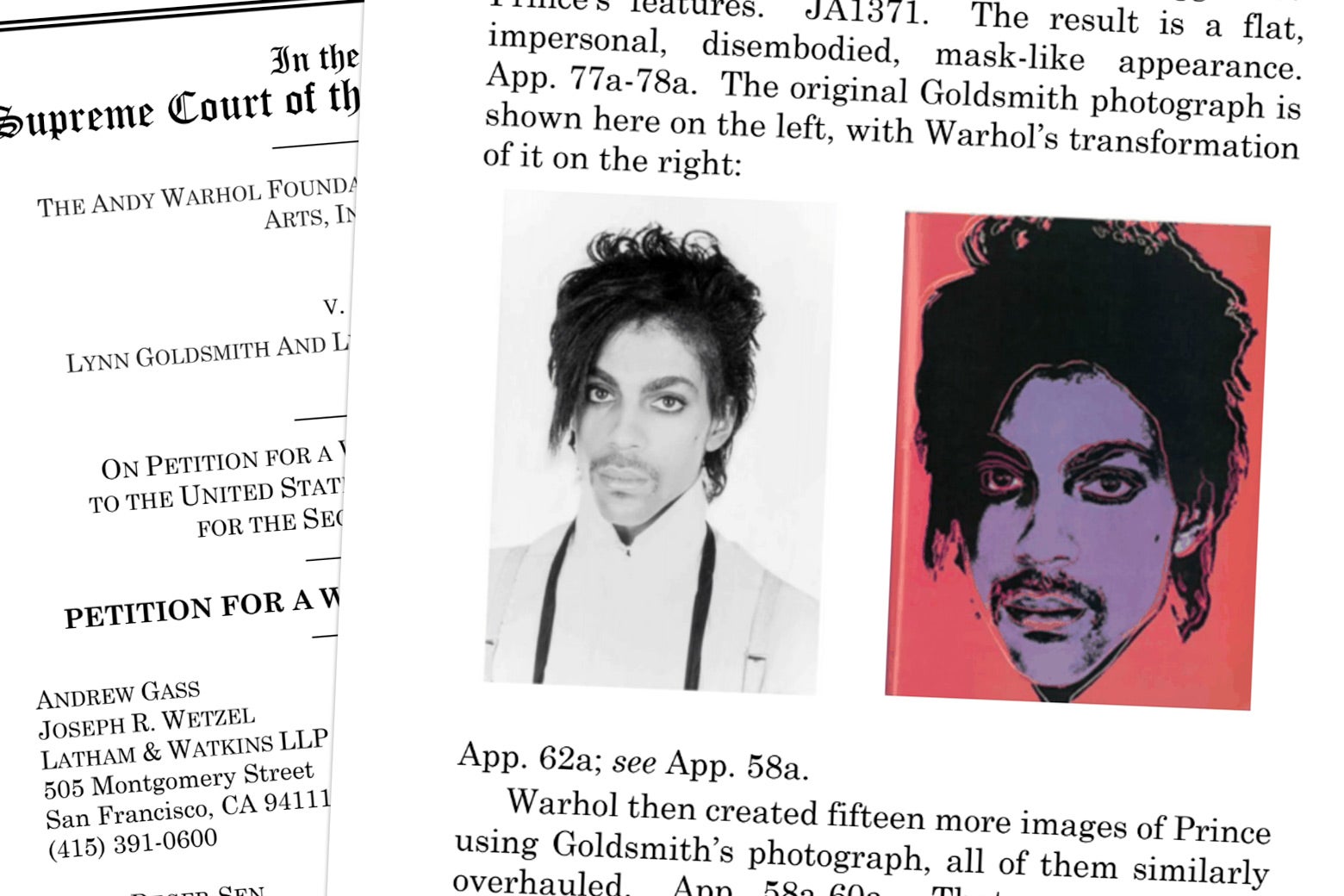
Andy Warhol’s portrait of Prince could transform Supreme Court copyright precedent.
Slate
Andy Warhol, Prince at center stage in Supreme Court case
Associated Press
Supreme Court copyright case: Did Warhol images of Prince cross the line?
LA Times
Column: Is it a Warhol, or stolen property?
LA Times)
Photographer Lynn Goldsmith wins lawsuit over copyright of Andy Warhol artworks based on her pictures of Prince
FirstpostDiscover Related












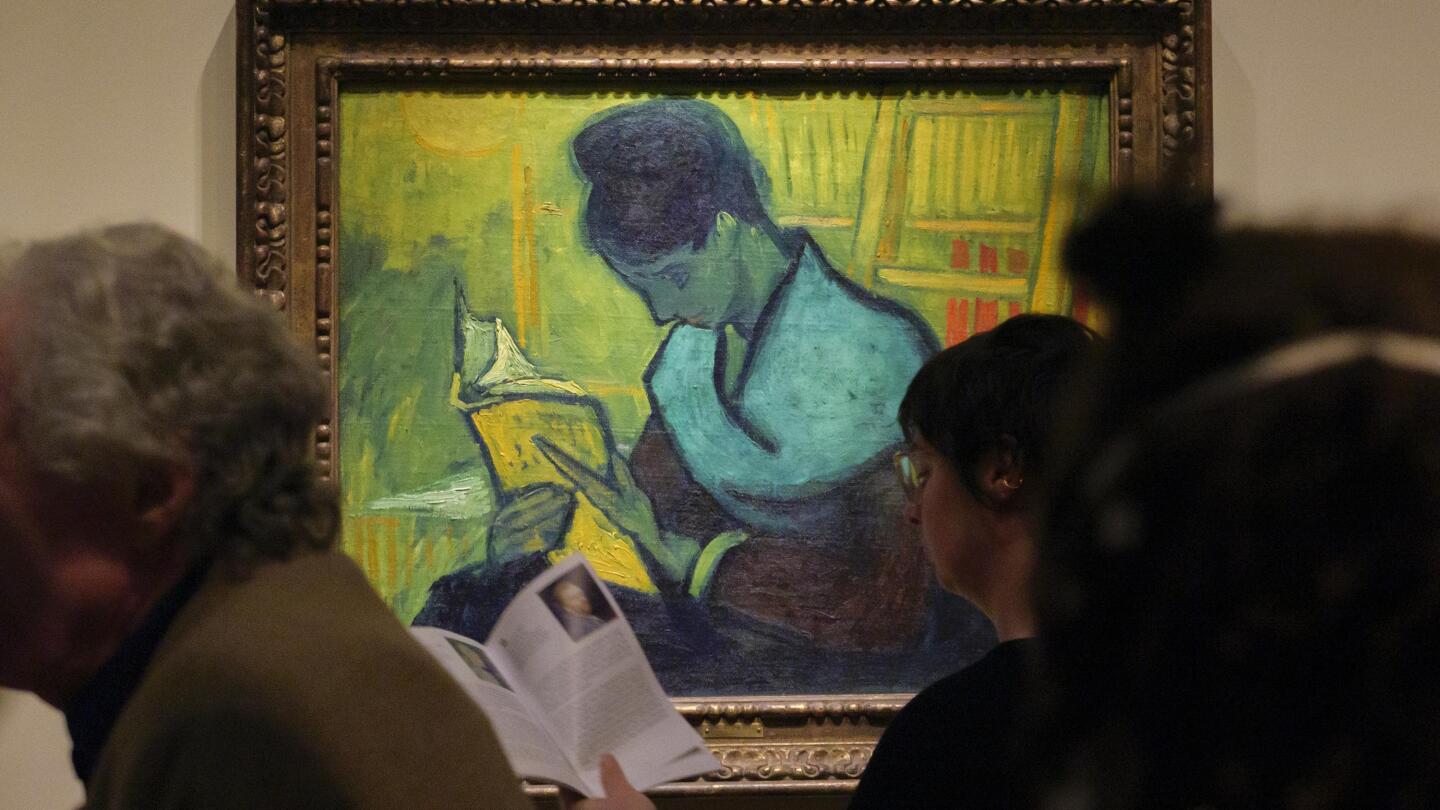

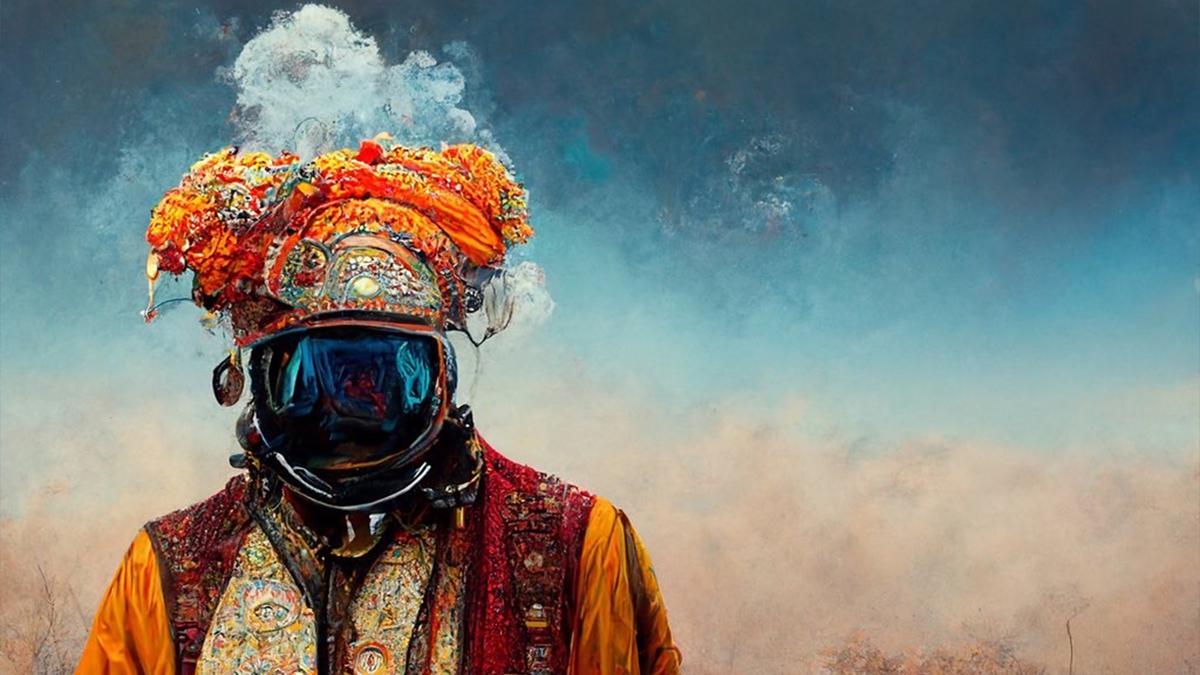



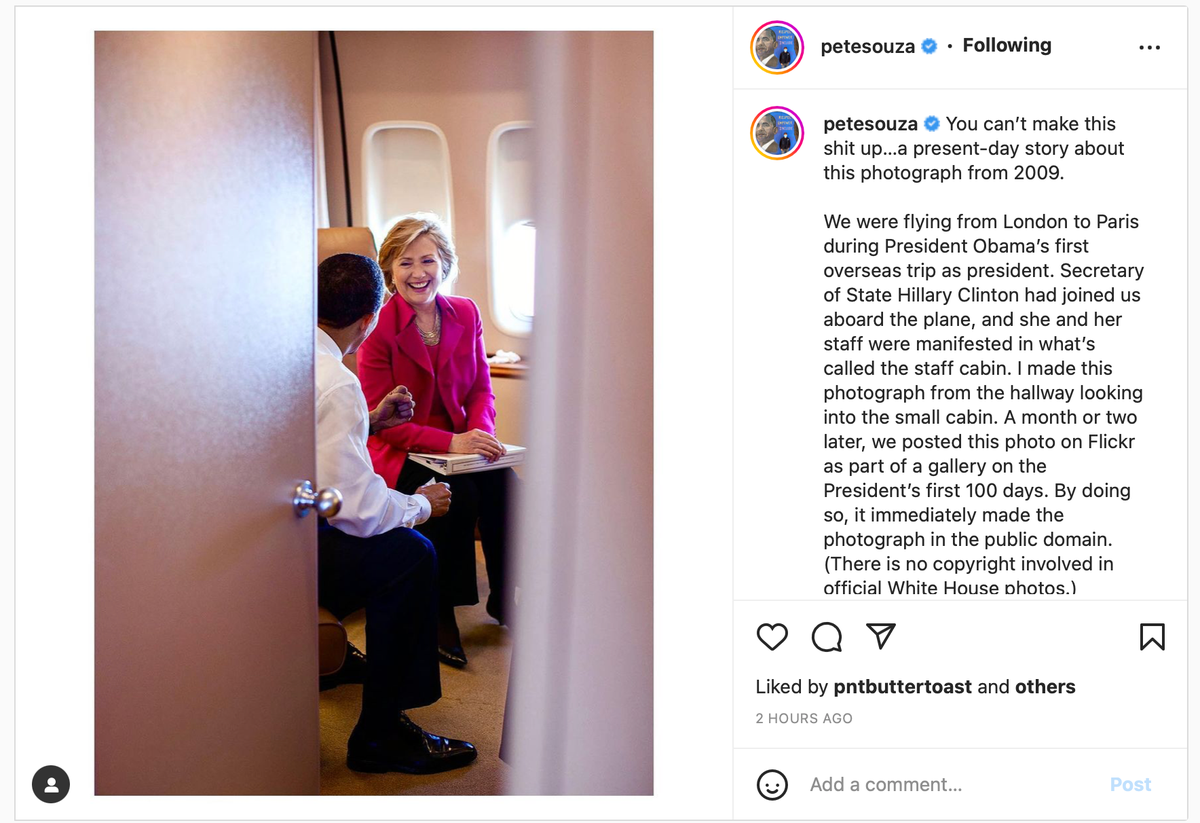

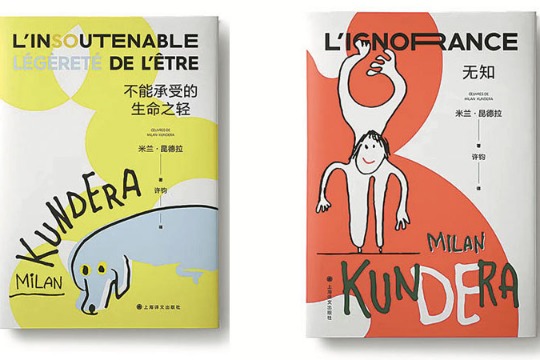






)


)



